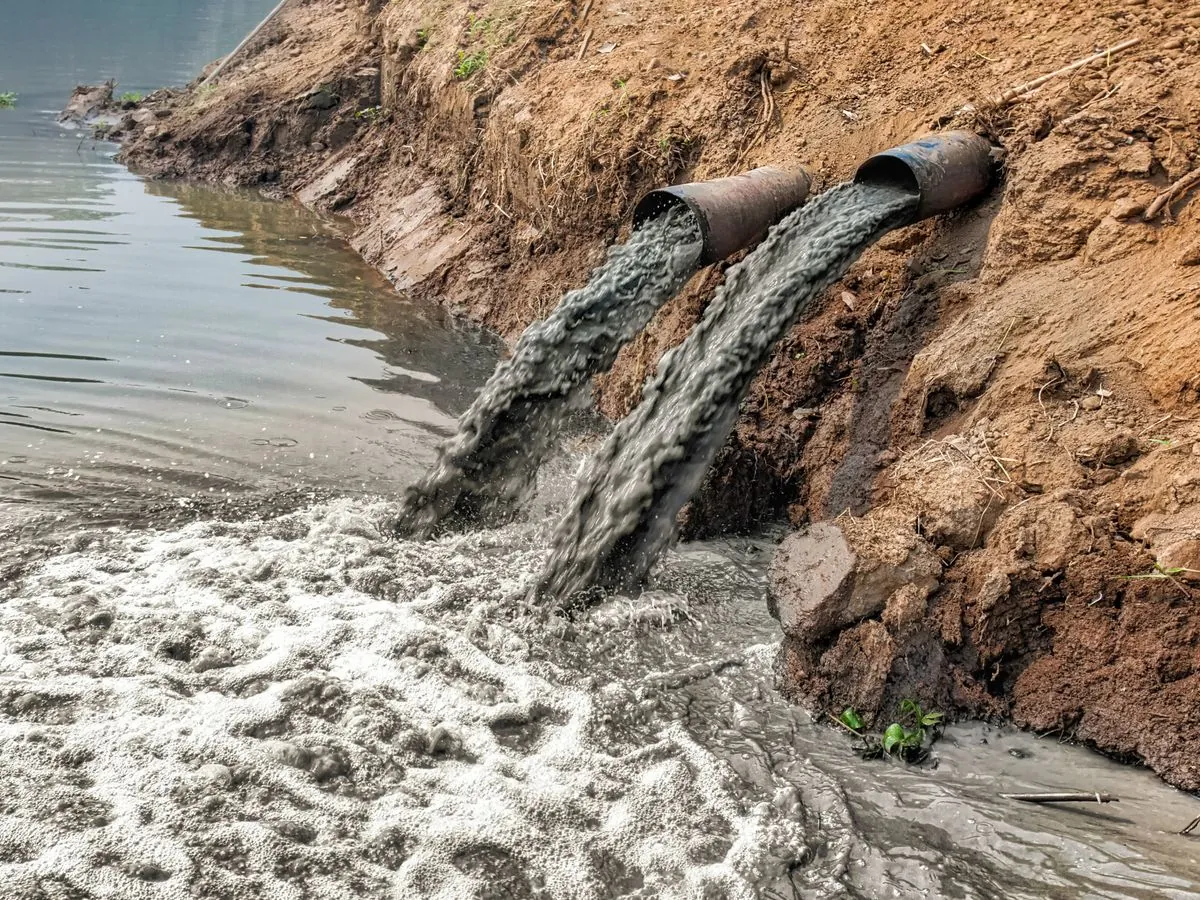UK Government Unveils Strict Measures to Combat Water Pollution
New legislation aims to hold water executives accountable for pollution, with potential prison sentences and bonus restrictions. Environmental campaigners argue more action is needed to address underlying issues.

The UK government is set to introduce stringent measures to address water pollution, focusing on holding water company executives accountable for environmental breaches. This move comes in response to growing public concern over the increasing frequency of sewage discharges into rivers and seas.
Under the proposed Water Bill, Steve Reed, the Environment Secretary, announced that water company executives could face up to two years in prison if their organizations fail to cooperate with investigations by environmental regulators. This marks a significant shift in accountability, as only three water company employees have been successfully prosecuted since the industry's privatization in 1989.
The new legislation also aims to block bonuses for water companies that fail to meet environmental or consumer standards. Additionally, it introduces automatic fines for pollution incidents, removing the current £300 cap. These measures are designed to address the record-high sewage spills reported in 2023, which saw 477,000 incidents over four million hours, a 58% increase from the previous year.

Environmental campaigners, however, argue that these measures are insufficient to address the root causes of water pollution. Charles Watson, founder of River Action, stated that curtailing bosses' bonuses alone would not fix the underlying issues plaguing the UK's waterways. Similarly, Feargal Sharkey, a musician turned environmental activist, called for continued public pressure through a planned mass protest in October 2024.
The government's plan includes expanding the Environment Agency's powers by making water companies fund enforcement actions. This could potentially allow the agency, which experienced a 50% budget reduction between 2010 and 2020, to increase its staff and conduct more investigations.
"The stronger penalties introduced by the Bill will deter illegal behaviour and allow us to close the justice gap and strengthen our ability to deliver swift enforcement action."
The water industry, represented by Water UK, acknowledges the need for system reform but emphasizes the importance of investment. They propose a £105 billion investment plan to secure water supplies, support economic growth, and end sewage spills. However, Ofwat, the financial regulator, has initially reduced proposed price increases by 16%.
As the UK grapples with its aging water infrastructure, it's worth noting that the country's water and sewerage industry serves over 50 million consumers through a network of more than 346,000 km of water pipes and 624,200 km of sewers. With an average annual investment of £8 billion in infrastructure, the industry faces significant challenges in modernizing and maintaining this vast system.
The government's commitment to transforming the nation's water system is evident, but the effectiveness of these measures in addressing long-standing issues remains to be seen. As the debate continues, the final determination on the industry's five-year plans, expected in December 2024, will likely play a crucial role in shaping the future of UK water management.


































